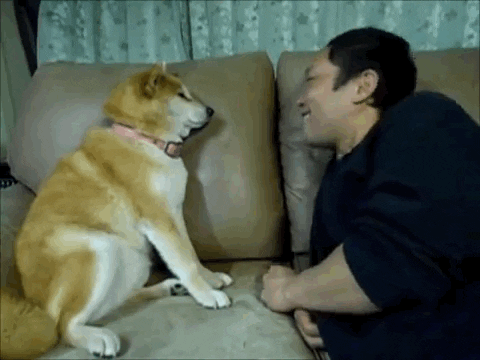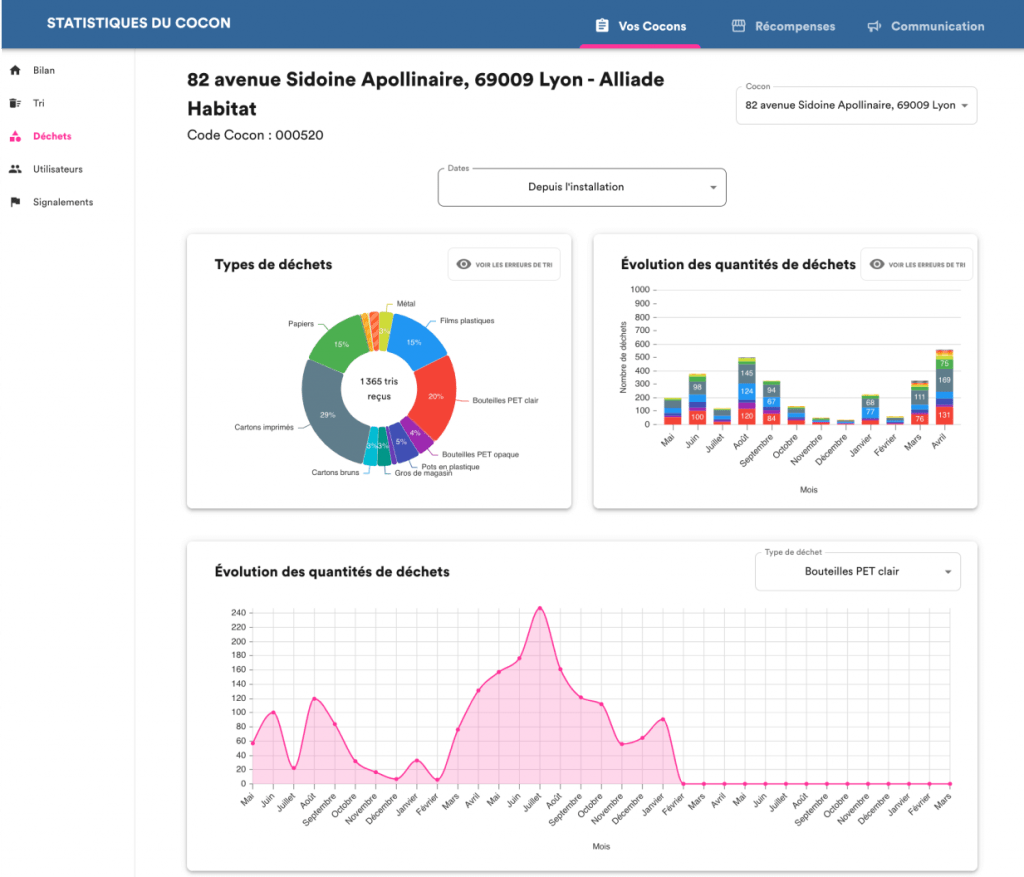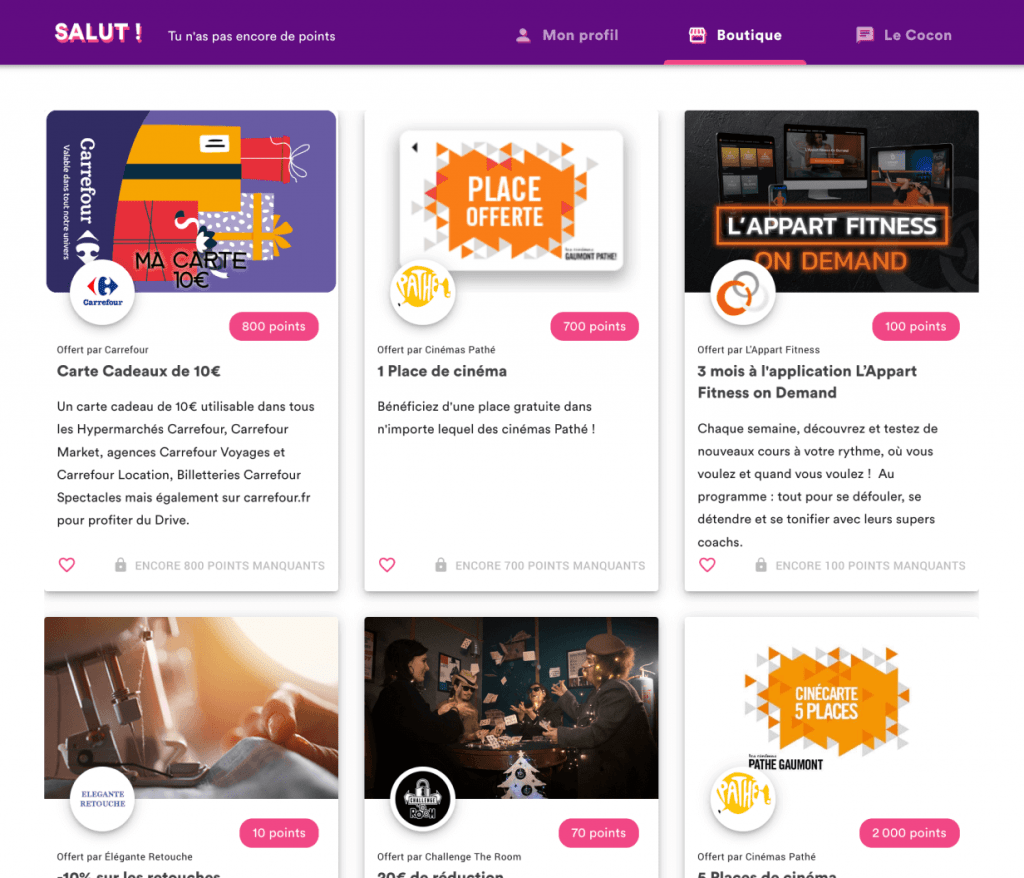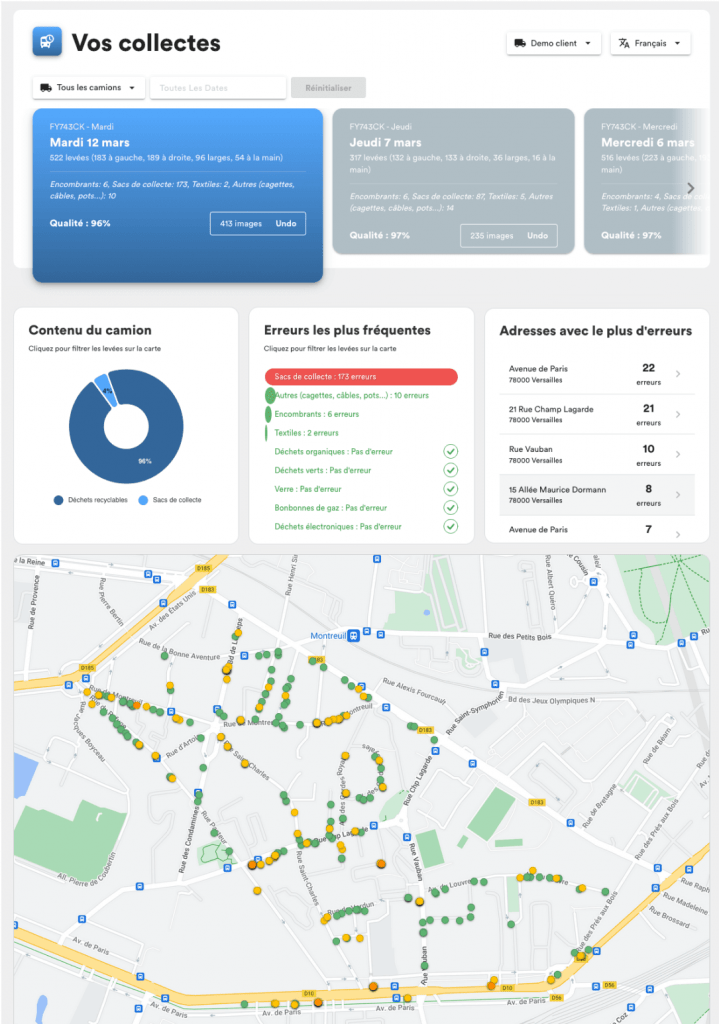Do you remember our 5R blog ? Well, the KISS method is linked to the 2nd R (“reduce”). No need for paper and pen to write down what you shouldn’t buy, just be aware:
- From what you have,
- of what you really need (and how urgently you need it),
- and the origin of this object.
You’ve probably already seen one of Netflix’s latest documentaries on minimalism. Obviously, we’re not going to invite you to get rid of everything and live with only two t-shirts in your wardrobe. But in a world where we are bombarded with advertising, it is necessary to go back to the basics. There is a lack of data on our exposure to advertising messages, however, neuromarketing studies existing show that we can see from 1,200 to 5,000 advertisements per day (or even more), not counting the product placement present in the series. But then how to do it, how to get back to the basics? Here is the KISS method!
B as in need
Does this purchase really meet a need? We're not going to lie to ourselves, sales have this incredible power to make us feel like we need something and that we should take advantage of this opportunity to get it! But, according to a study carried out by Mediaterre, the French only use around 32 % of the clothes they have in their wardrobe.
So this shows us that the remaining 68,% of clothes we buy believing we need are not really necessary. How can we reduce this percentage? Avoid shopping during sales, unless you have a will of steel. But the assessment of need does not only apply when shopping for clothes. So we can ask ourselves the same question when doing our weekly shopping, also avoiding the "everything for one euro" (or two) stores.

I as in immediate
Can I wait to think about it before I decide? We've all bought a shirt and seen a better quality one at a much cheaper price in another store. Oh, how I wish I had looked a little further! Unless you're buying the sauce for the pasta you're cooking or the toilet paper your roommate doesn't have, there are some purchases that aren't immediately necessary. After thinking about it, you might realize what you don't really need.
S like Similar
Do I already have another object that meets the same needs as this object? Yes, our parents also have this tableware that they only keep for special moments, but in the end we only use it for Christmas, and that's because we take it out to clean at the end of the year. The ideal would be to also use it for birthdays or visits from our friends and family, but we don't do it, because it's at the back of our shelf. Obviously, we don't need it!
"Global maritime traffic has emitted more than 200 billion kg of CO2"
O as in Origin
Made in China is very common, but I can still try to find the same product made in France. Since the beginning of this year (according to the website of Planetoscope), global shipping has emitted over 200 billion kg of CO2. And even if we are not on a boat in the middle of the Pacific, we contribute to this figure when we buy our H&M shoes made in Bangladesh (to name just one of the fast-fashion giants).
Did you know that there are French brands (label made in France) that make vegan shoes? Yes! Vegan! Of course, it is important to take into account the first point of BISOU before deciding to buy them.
This principle also applies to food, try to buy local and seasonal food, it's much more economical and you reduce your carbon footprint incredibly!
U as in Useful
There is no need to explain it too much, right? The first thing that comes to mind with this point is everything related to home decoration. When we are in the middle of moving, we realize how many beautiful and useless things we have at home. Do you remember another situation where this principle is applied?
Not bad the Kiss method, isn't it?
You can read our latest blogs here.
Follow us on our social networks and join the fichami·es, it's here:



